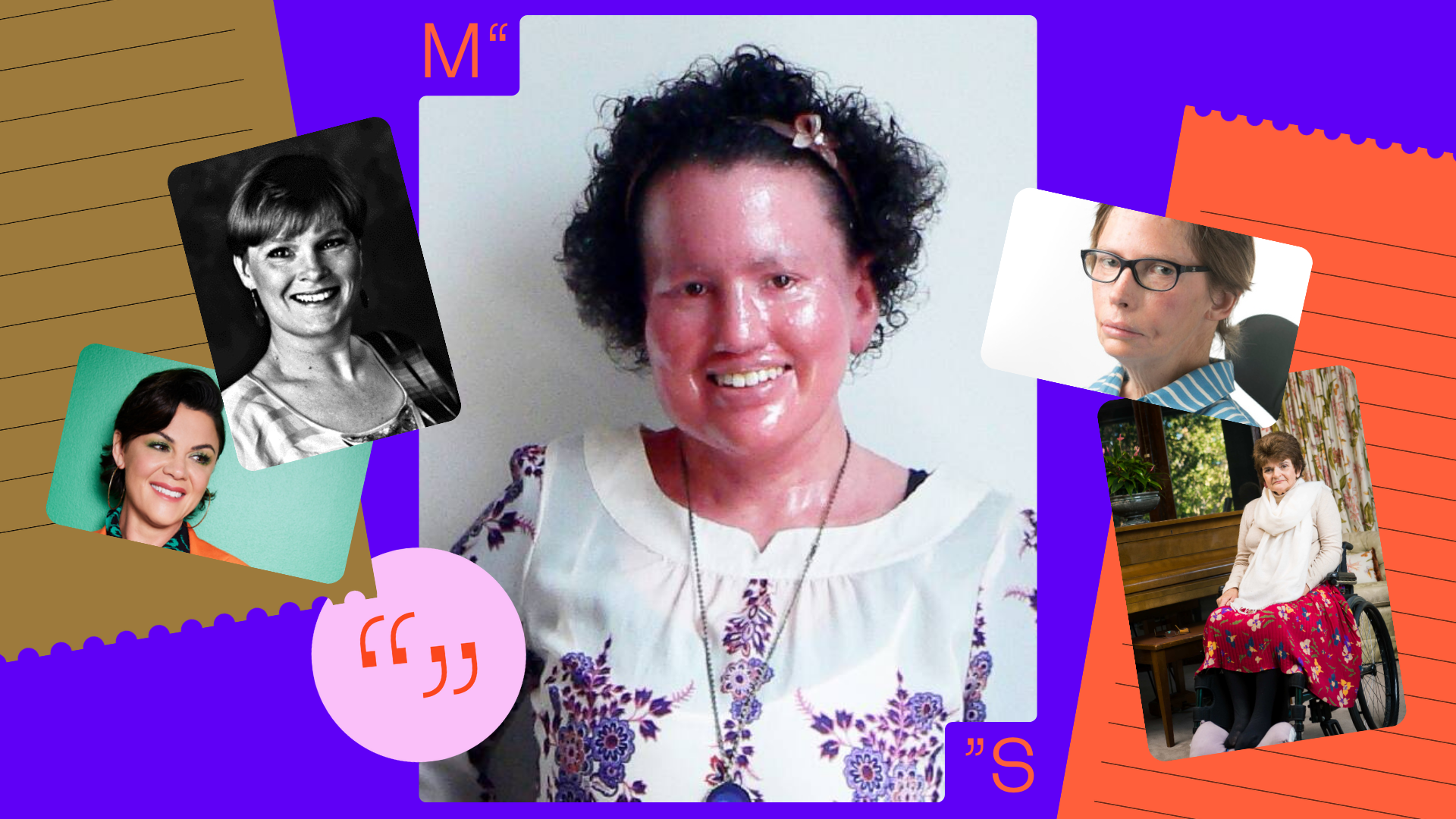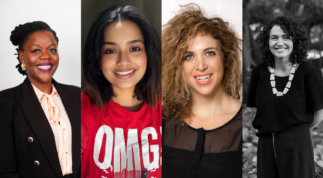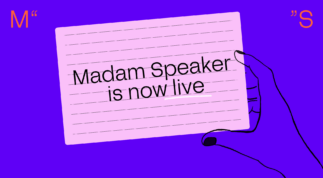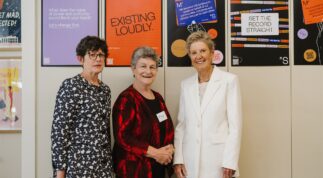I am a writer, speakers arts worker and activist. My main source of income for the last few years has been from speaking. I speak at federal, state and local government organisations, schools, universities, healthcare organisations, writing festivals and other large and small businesses — locally and internationally. I speak mostly about disability and appearance diversity, as well as writing, feminism, pop culture and fashion.
Funnily, my report cards at school used to say, “Carly talks too much” — and look at me now!
I’ve been a public speaker for about 13 years. It started when I was giving speeches at work, in the public service. I gave one for Harmony Day and then for International Day of People with Disability. This built up my skills in writing and delivering speeches in a low pressure environment.
Then, by building a public profile by writing online, I was asked to do speeches at community groups and small organisations. I was invited to speak at the Appearance Matters. It was a bit of a double life, having a side hustle of writing and speaking. Unfortunately I struggled with having a public profile and being able to to speak and write outside of my public service job, but not being able to have a voice inside the public service due to my junior position. And I wasn’t able to write and speak on topics that were a conflict of interest with the government.
I was also told that my role as a writer and speaker — especially on the topic of disability — made me “too passionate” to progress within the public service. I desperately wanted to work in Workplace Diversity, and my authority was hindered by a senior white male public servant. I felt like I had to dim my shine.
So when I’d built up experience writing and speaking, I quit my public service job to focus on freelancing and work in the disability sector, and then the arts. There’s more freedom to speak now. And I can be my whole self in my part time arts job.
Speaking highlights have been being the opening speaker before Julia Gillard at a Layne Beachley Foundation fundraiser (I was a scholarship recipient in 2012); Ubud Writers Festival; being interviewed for my book launch events around the country; and to schools — especially most recently in South Africa where I spoke at a school for disabled children and at the school of a young boy who also has Ichthyosis (the rare severe skin condition that I have). I’ve met and worked with some incredible people through speaking.
It’s so important to speak on a public record – to influence change, and also to reach people who may feel unseen and underrepresented. In 2022, I gave a testimony at the Disability Royal Commission (DRC), speaking on my experience of abuse in public spaces. I covered what it’s like to endure abuse in the street and online. It was daunting, and unfortunately it resulted in more online abuse. And I don’t know whether those of us who testified were truly respected by government because so few of the recommendations to come out of the DRC will be implemented. But collectively sharing our stories in such a public way is incredibly impactful — shining light the many ways disabled people endure abuse, violence and neglect. We are not alone, and we are strong.
You never know who your speeches may reach — especially when they’re recorded or live streamed. In 2020, just before Covid lockdowns, I spoke at All About Women festival at the Sydney Opera House. A career milestone. It was such a prestigious venue, and I had no idea how life would change for all of us. After I spoke about beauty with two other women at the Opera House, an editor from CNN asked me to write an article about beauty privilege for the CNN website — she had seen me speak through the live feed. Writing for CNN on the back of this speech was another career milestone.
My writing and speaking colleagues have always encouraged that we get paid, especially if we are marginalised women. This is the advice I pass on as well. Asking for payment values you as a speaker, and also your community. And it’s also important to me that I regularly pass on opportunities for more disabled people to speak — and I take a payout of it means they can get paid too.
Sometimes I am thanked for being a voice for the voiceless. This makes me very uncomfortable — because no one is voiceless. We are just not given opportunities to communicate in ways that are accessible for us. It’s important disabled people are platformed and heard, in whatever way we communicate. I’ll forever make space for more disabled women to speak.
The voice of power is changing. It’s no longer a white cis man. It’s a collective of diverse people, many of whom are marginalised — and that’s heartening.
Carly Findlay OAM is featured Madam Speaker, Australia’s first and only digital archive of women’s speeches. Learn more about Madam Speaker here. Want to suggest a speech for the archive? Make a contribution, and help grow the archive.
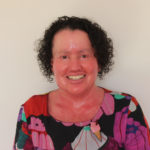 Carly Findlay OAM is an award-winning writer, speaker and appearance activist. She has a Masters of Communication and Bachelor of eCommerce and lives in Melbourne, Australia. Her first book, a memoir called Say Hello, was released in January 2019. Carly edited the anthology Growing Up Disabled in Australia with Black Inc Books. She writes on disability and appearance diversity issues for news outlets including the CNN, Vogue, ABC, The Age and Sydney Morning Herald and SBS, as well as contributes to various writing anthologies.
Carly Findlay OAM is an award-winning writer, speaker and appearance activist. She has a Masters of Communication and Bachelor of eCommerce and lives in Melbourne, Australia. Her first book, a memoir called Say Hello, was released in January 2019. Carly edited the anthology Growing Up Disabled in Australia with Black Inc Books. She writes on disability and appearance diversity issues for news outlets including the CNN, Vogue, ABC, The Age and Sydney Morning Herald and SBS, as well as contributes to various writing anthologies.
